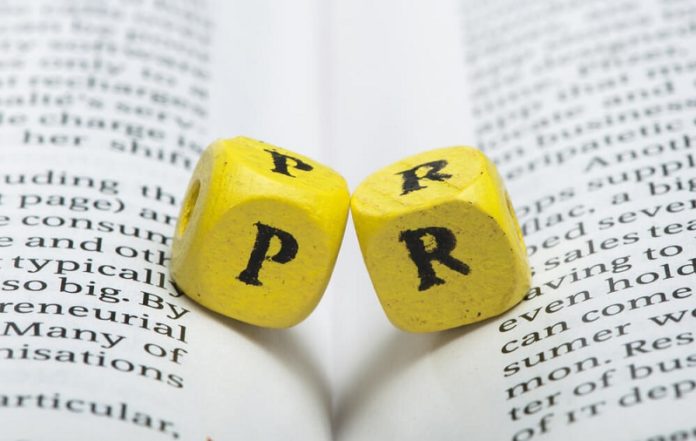We’ve become accustomed to thinking that PR is all about getting messages out there and making a noise. Certainly, this is likely to be your main objective when you decide to hire an agency but not all noise is good noise and successful distribution of your messages is only a small part of a much bigger picture.
The groundworks to reach the communication stage and execute it successfully are just as important as the broadcast stages (if not more!) and require special attention. Any agency worth its salt knows this and will do a whole lot of listening. Listening, in the broader sense, means researching your market, reading up on your competitors and really getting to grips with what makes your business different.
All ears
Your business is unique; it has specific pain-points, objectives and values that shape the way it moves within the market. Getting immersed into these requirements is key to helping the agency shape your message. This requires engagement with a range of different stakeholders ranging from marketing, sales, partners and even end-users.
At the same time, one of the key dictats of good salesmanship is to know the prospect; understanding who your audience is, especially when this is a niche, is critical to developing communications that really cut through the noise. Research shows that even in businesses of no more than 100 employees spend an average of 17 hours a week clarifying previous communication, which translates to an annual cost of at least $525,000,[1] so clearly getting it right first time is no small achievement.
Your chosen agency will need to know your prospects and your business inside and out to be able to pitch successfully. Beware of an approach that fails to take the time to get to know your business; they are most likely applying a one-size-fits-all approach that is destined to fall on deaf ears.
The sources
But talking to you, the client, even about the very technical detail, is still not enough alone. There are two reasons for this; the first is that it is not enough to understand the wider market, the second is that unfortunately most businesses tend to have a blind spot somewhere. Your agency needs to have the inquisitiveness to address issues with fresh eyes, doing their own research into the market so they can help you see beyond those blind areas.
Information is now available across many channels so video, podcasts, social media and real-life conversations are incredibly useful when combined with background reading. In addition to this, in our multichannel world, engaging with relevant social media platforms and key industry influencers will also help form a 360° understanding of the media landscape.
Best practice would suggest that an agency that is serious about winning your business invests time and resources in analysing competitors and the media landscape early on in the relationship to guide relevant strategies and brain storming.
Vertical deep-dive
Finding out about your market and how to position your company with the media means engaging with the key verticals that land in your prospects’ and clients’ desks. Ideally, the agency selected already has a solid understanding of the vertical sectors you operate in, as well as your core sector, as this puts them at a huge advantage when analysing competitors and market movements.
Too many agencies still tend to apply strategies, tone of voice and messaging that worked in a “similar” market or for a “look-a-like” client, but this is a sure-fire way to waste resources and can drive a misleading positioning of your brand. To ensure that anything you do release is relevant, new and effective, it is critical to engage with an agency that doesn’t just talk the talk but is able to prick up its ears and sound out the market.
Josephine Ornago is the owner of OutspokenPR. Want to find out more? Follow us on LinkedIn.
[1] https://www.quantifiedcommunications.com/blog/how-much-of-our-workday-do-we-spend-communicating
PR Agency stock photo by Deyan Georgiev/Shutterstock







